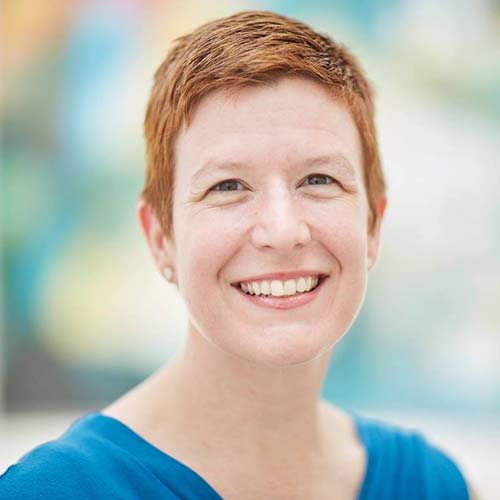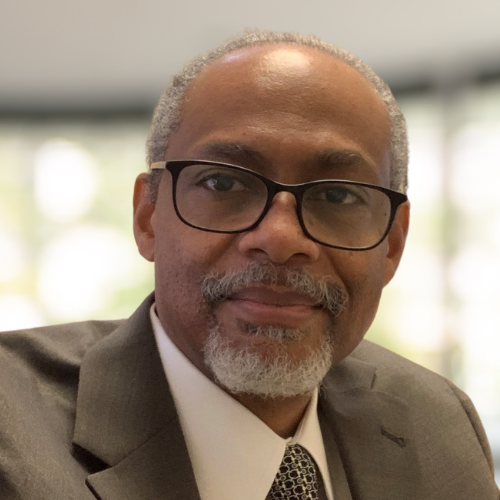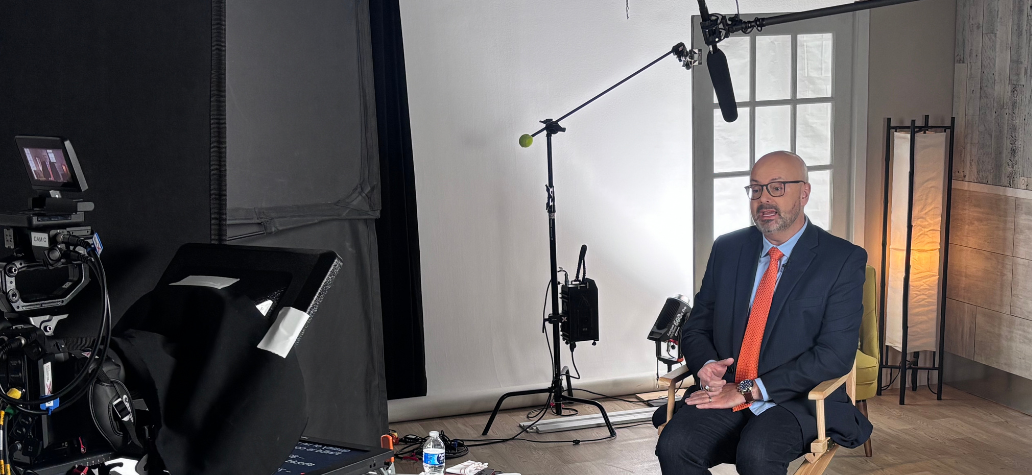Focus on FinEd: The Policy Convenings Podcast - Episode Three
In episode three, host Raven Newberry interviews Heather Daly* (director of Economic Education, Federal Reserve Bank of New York), the policy convening’s moderator, and Mike Bobbitt (deputy commissioner, New York City Department of Youth and Community Development) who provides methods, reasoning and examples for what kind of alternate programs can resonate in a community.
Topics we cover in this episode
- Overall takeaways from the policy convening, including what was shared and where the conversation is leading us
- Factors contributing to inequitable postsecondary access
- The array of options and pathways to education beyond high school
- How students make choices about affording postsecondary education
- Recommendations for policymakers to address these issues
On the challenges of state financial education mandates…
“[State mandates] are hard to create. They can face a lot of different barriers. There could be a lack of consensus, or turnover among different state leaders, and there could be state legislative or constitutional roadblocks. So, while they can be a great approach, they can be hard to do.” [Daly, 3:32]
On the value of a community-based organization finding a financial education initiative partner…
“The need to pivot toward partners that can focus on financial literacy, if that’s not native to the non-profit’s design, is paramount; it’s very important. How can we talk about poverty if we’re not also, at some level, talking about financial literacy?” [Bobbitt, 9:10]
On the importance of timely financial education…
“One of the keys to financial education is sharing that information AT THE MOMENT that it’s so valuable. That can be one of the struggles with school-based initiatives. If you are out of school or you never got to that point in the financial education curriculum. Or if you are out of school and it has just been a long time.” [Daly, 9:53]
On the need for programs that focus on the real world …
“It has been very important to try to model experientially and give practical exposure for young people who may have an interest in the world or work, but so far, the world of work hasn’t been very ‘sticky’ for them.” [Bobbitt, 12:58]
Disclaimer:
The views expressed by Heather Daly are her own and do not necessarily represent those of the Federal Reserve Bank of New York or the Federal Reserve System.



